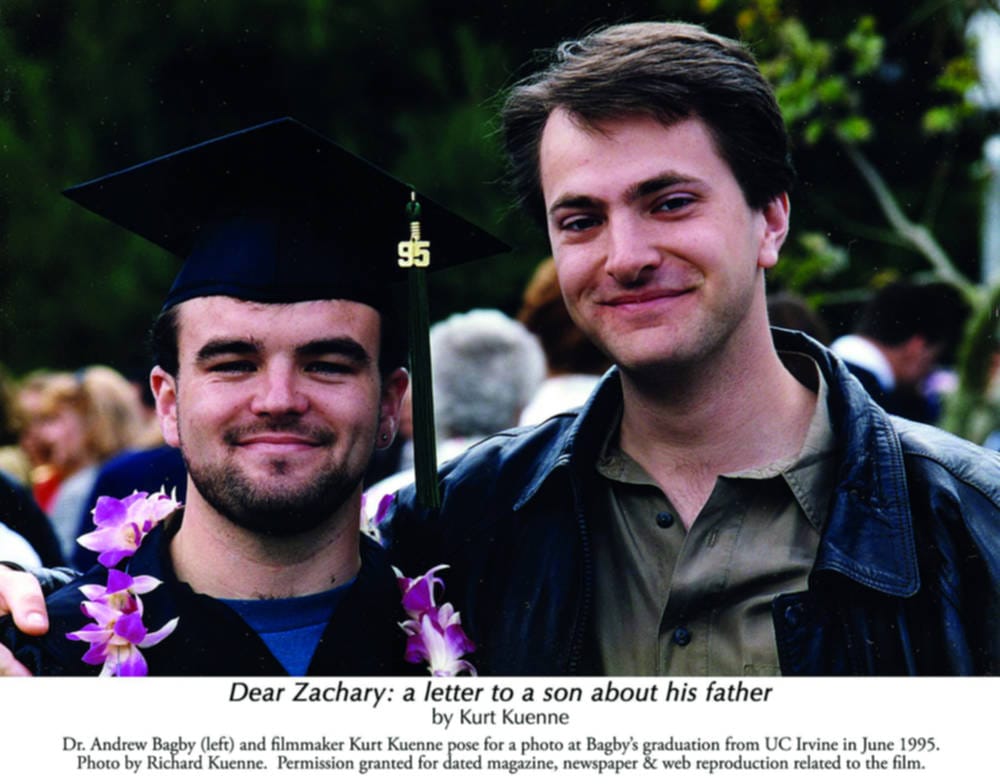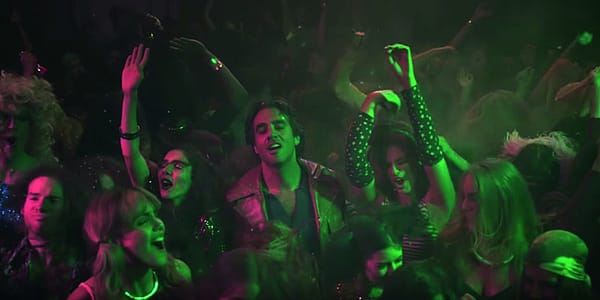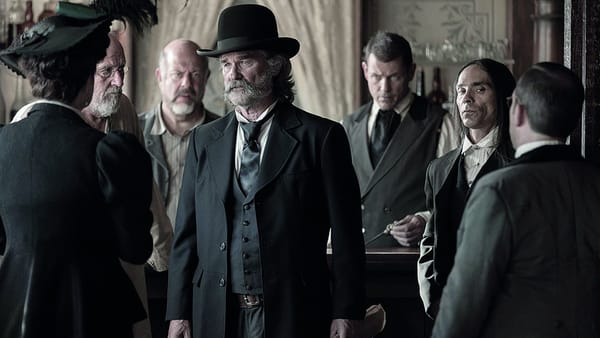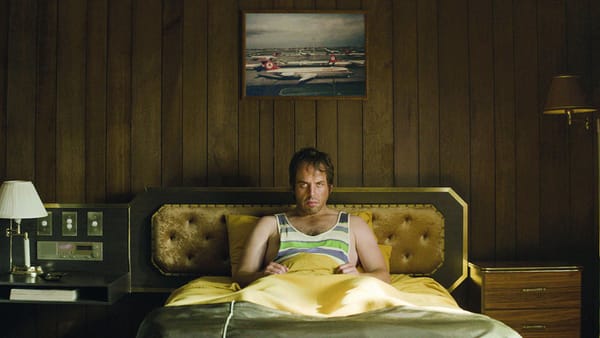Documentary corner: Dear Zachary
There’s sentimentality, for sure, but nothing is forced

Before I begin this review, I’m going to really strongly recommend that if you haven’t already seen the film you should avoid reviews or summaries online. Should you watch this documentary – as I did – with no foreknowledge then I guarantee that watching Dear Zachary: A Letter to a Son about his Father will be a genuinely unique experience. Director Kurt Kuenne has a very important message to get across here, and the structure of the film – the way it progresses, slowly giving you drips of information – is essential to its effectiveness.
To give a very simple synopsis of the film, it was made (as per its namesake) as a memorial to the life of Andrew Bagby, a good childhood friend of the director. He was murdered by his girlfriend, Shirley Jane, after ending their tumultuous relationship of several months. The recipient of this letter is the couple’s son, Zachary, born shortly after Shirley’s arrest. The film is split between documenting the murder case and speaking directly to Zachary, telling him about the kind of man his father was. The level of love and care that went into this film is apparent, as is the love Kuenne, and the dozens of friends and family members interviewed had for Andrew. This cinematic scrapbook showcases Andrew’s personality, his likes and dislikes, and the effect that he had on so many people’s lives. Much like the ending of It’s a Wonderful Life, certain parts of this film are life-affirming, highlighting all the positive effects a single man can have on so many people.
Dear Zachary is really an experience above all else. I honestly cannot remember the last time I was so viscerally affected by a film. And for this reason, despite it being one of my new favourite documentaries, I doubt I’ll ever watch it again. A full range of emotions are elicited through the viewing experience, and anyone who gives it a watch can expect to be angered, amused, depressed, sickened, and everything else in-between. No other film has conveyed the impact of losing someone in such an emotionally intelligent and accurate way. However, despite all the dark moments, the lasting feeling most people will experience is one of hope and inspiration – at seeing the dignity and love shown by Andrew’s parents throughout.
The film masterfully avoids the pitfall of slipping into overly sentimental territory. There’s sentimentality, for sure, but nothing is forced. The charmingly amateurish way everything is shot and edited, along with the backstory of why the director is completing this project, just adds to the appeal. Overall, Dear Zachary is a very human documentary and one I cannot recommend enough; its contents are incredibly important, and I would consider it a disservice to yourself not to give it a watch.







